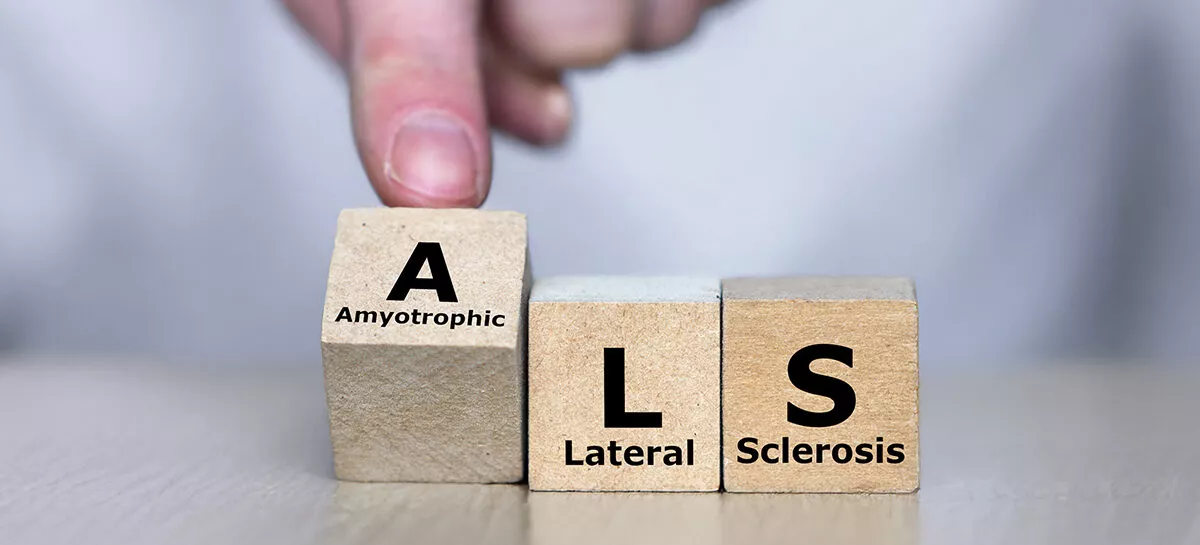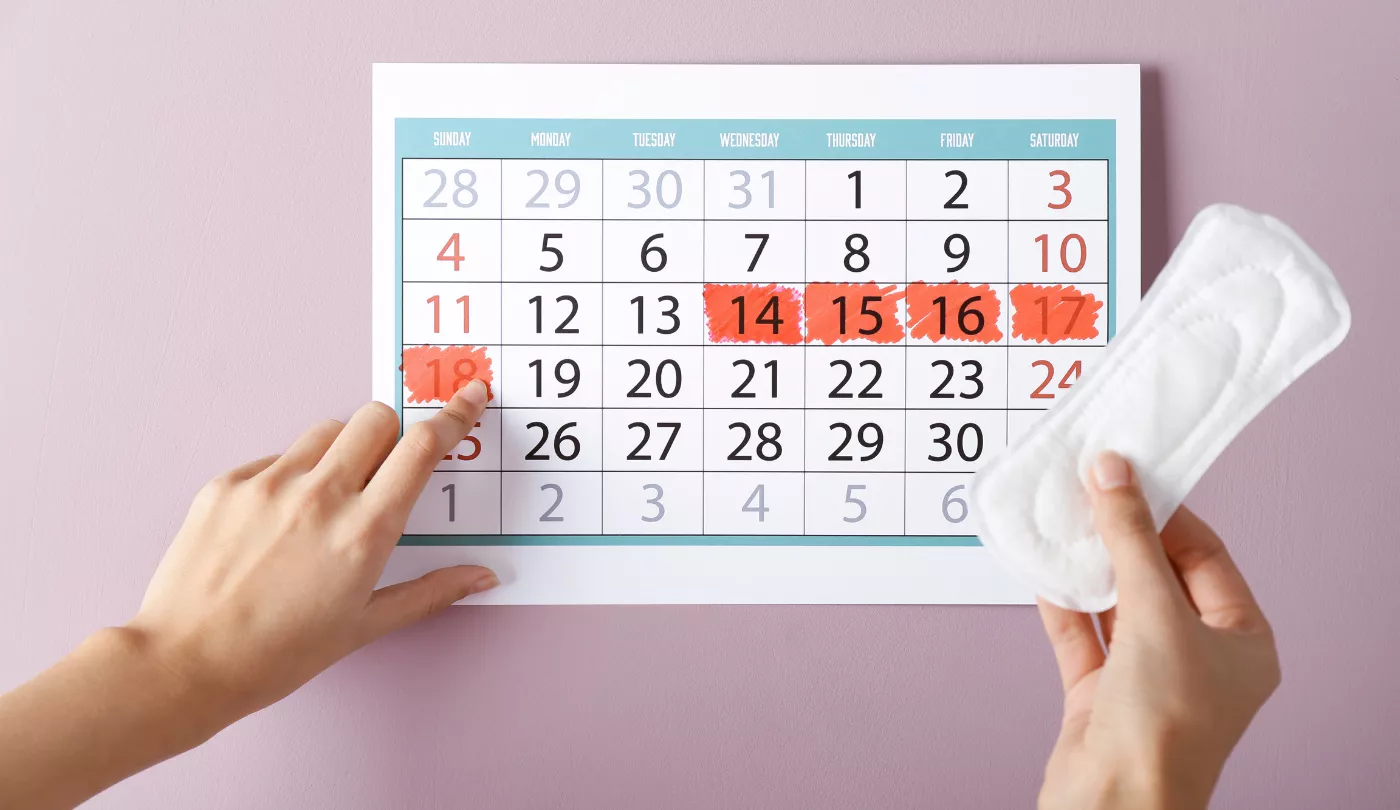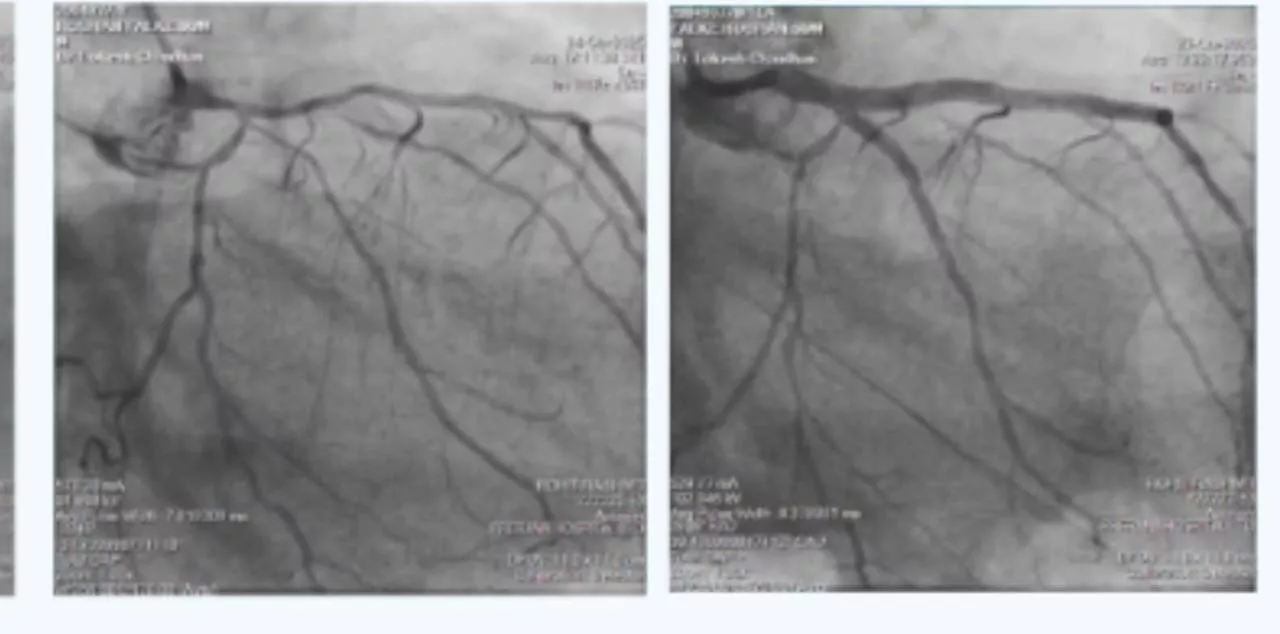India is a growing economy, as the majority, operating in the middle class are caught up in the modern corporate rat race. Various professional and personal commitments stemming from education, travel, and office responsibilities compel us to overlook our health.
The geographic landscape, paired with the Indian hot and humid climate, demands a lot from the average human body. Thus, complications concerning dehydration are a fundamental threat to us all.
Understanding how dehydration affects the body is not just for athletes or hospital patients. It’s something that every student, parent, worker, and older adult in India should pay attention to, especially when facing long summers or active days.
Everyday Causes You May Overlook
In India, dehydration causes can range from the obvious to the surprising. Of course, everyone expects to sweat in the heat, but did you know that long travel days, fasting, or drinking too many sugary or caffeinated drinks can also push you towards dehydration? Common causes include:
- Sweating during outdoor chores, sports, or work shifts
- Stomach issues like vomiting or diarrhoea, which are frequent during seasonal infections
- Forgetting to drink water because you’re too busy, distracted, or simply not feeling thirsty
- Medications or health conditions like diabetes that increase urination
Even people working indoors, like in offices or shops, can be at risk if they’re stuck in air-conditioned rooms for long hours without regular fluid intake.
Simple, Actionable Prevention Tips
You don’t need fancy solutions or sports drinks to prevent dehydration. You need consistency and awareness. Here’s how you can make hydration part of your daily routine:
- Carry a water bottle: Keep it within reach, whether you’re on a bus, at work, or running errands
- Drink small amounts regularly: Waiting until you’re very thirsty can lead to overdrinking at once, which may not be effective
- Include local water-rich foods: Cucumber, watermelon, coconut water, and buttermilk are delicious ways to boost hydration, especially in summer
- Encourage children and elders: Remind them to drink even if they don’t feel thirsty
- Keep an eye on urine colour: Light yellow is ideal. Dark yellow or amber is a sign you need more fluids
These habits are particularly useful during festivals, family gatherings, or long working days when people may forget to pause for water.
Recognising the Warning Signs Before It’s Too Late
Most people only think about hydration when they feel thirsty, but thirst is actually one of the later signals your body sends. Knowing the early dehydration symptoms can help you act before the situation worsens. Watch out for these common signs:
- Feeling unusually tired or sluggish, even if you’ve rested
- Dry mouth, lips, or skin
- Dark yellow urine or needing to pee less often
- Dizziness or feeling lightheaded when standing up
- Mild headaches or difficulty concentrating
For the elderly, the risk is even greater, as their sense of thirst tends to weaken with age and may complicate their pre-existing chronic illnesses . To avail immediate solutions consult nearby physician and avoid further complications.
When You Should Seek Medical Help
Sometimes, sipping water at home can easily handle mild dehydration. But there are moments when simple fixes just won’t work. Imagine a loved one suddenly feeling confused, their heartbeat racing, or worse, they faint or can’t keep even small sips of water down. These are not just small red flags; they are urgent signs that the body is in real distress and needs help right away.
In these moments, every second counts. Do not hesitate! Get in touch with a general physician as soon as possible. These local doctors are trained to quickly figure out if home remedies will do or if the person needs hospital care, such as intravenous (IV) fluids, to restore the balance safely.
How to Make Hydration a Family Priority
Additionally, implementing basic lifestyle changes and working with water consumption reminders can help overcome this issue in the long run. Consider these everyday actions:
● Fill jugs or bottles each morning for the whole family to share
● Add natural flavours like mint or lemon to make water more appealing
● Pair water intake with set intervals[for example, a glass before each meal].
These small efforts can create lasting habits and reduce the risk of dehydration, especially in busy, multigenerational homes.
Final Thoughts: Staying Ahead with Simple Care
Physicians help uncover the real reasons behind dehydration, explain how to safely rehydrate, and suggest practical lifestyle tweaks or diet tips that families can follow. Additionally, when the problem runs deeper, especially if dehydration is part of a more serious medical condition, that’s when services offered by internal medicine in India step in. These doctors don’t just look at the surface.
They carefully review the person’s full healthcare history, connect the dots between dehydration symptoms, and design a clear plan to tackle the issue from all sides. Their goal isn’t just to fix dehydration once but to help prevent it from coming back, keeping patients stronger and healthier in the long run.
In Indian homes, it’s often the little everyday routines that keep everyone well. Following the basics can help overcome issues concerning dehydration. Be sure to connect with the Aster Hospital team to learn more about this concept. And always remember, simple and thoughtful habits can make a lasting difference.









